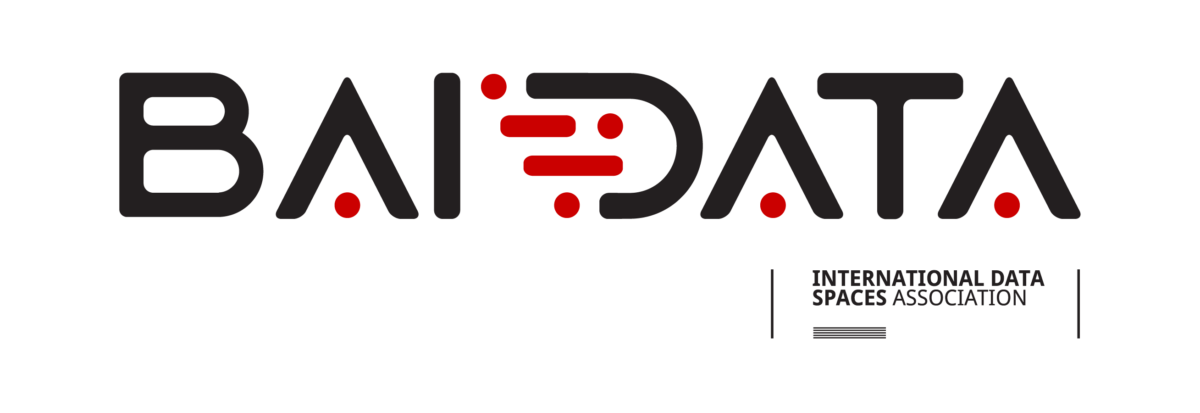The data privacy paradox is a phenomenon that has been the focus of attention during the ongoing COVID-19 pandemic. The paradox refers to a general disconnect between consumers’ self-stated privacy preferences and their actual privacy-seeking behavior. While citizens in a wide range of studies often say they care about privacy and have been skeptical about how applications like the German Covid warning app uses their data. At the same time, they choose to share their personal data either for free or for small rewards in exchange for convenient services in their daily life.
Data protection to support and not prevent the use of data in healthcare
In the meantime, the health industry has long struggled with effective ways to connect and share health data. With the increasing advancement of healthcare technology, sharing data could create digital innovation and would bring concrete benefits to citizens, such as improved prevention, therapy and care. More than 70% of the citizens of developed countries like Germany state that they would be willing to make their data available for medical research. However, there is a lack of legal and regulatory framework for data owners to donate their data for such purposes leading to limited data sharing at the public health level.
To overcome these problems, a trustworthy data infrastructure is needed to enable the creation of data pools. Citizens should be placed at the center of the provision, use, and control of their own health data. International Data Spaces is allowing sovereign exchange and collaborative use of highly sensitive information and should be an integral part of such an infrastructure. Therefore IDS is a key technology for innovative healthcare applications that could optimize disease diagnosis and prevention as well as the pandemic response on a Pan-European level.
Applying Digital Ethics into Data Spaces
With global technology front-runners looking more and more into privacy as an essential topic of consideration for their product developments, Dr. Nemat, member of IDSA Board of Directors and Co-Founder of idigiT (Institute for Digital Transformation in Healthcare / Universität Witten-Herdecke), predicts that “in the next decade of digital transformation, every technology and every product will be replaced by a safer version of itself.”
The need for data privacy together with the emerging regulation, such as the data governance act and GDPR, shape the future of the data economy. Secure data spaces are created allowing citizens and companies to protect their data and benefit from sharing them under the European values of data transparency, controllability, non-maleficence and many more. Data sovereignty is the key enabling technology for future value-based data ecosystems and will translate European digital ethics into practice.
IDSA participates in HEALTH-X dataLOFT
Digitizing the healthcare sector – according to GAIA-X standards dataLOFT – will create an ecosystem of health applications that builds on the daThe International Data Spaces Association (IDSA) also participates in HEALTH-X dataLOFT, a R&D project that had been awarded in the GAIA-X funding competition of the German Federal Ministry of Economics and Technology (BMWi). With dataLOFT, citizens are to be brought into the focus of the provision, use and control of their own health data. The goal is the development of transparent cloud-based applications in highly relevant areas of healthcare according to GAIA-X standards. For the networking of the health care areas and the integrative use of data, the concepts of the medical informatics initiative, as well as legally binding standards and solutions of the Telematics Infrastructure, will be integrated.






